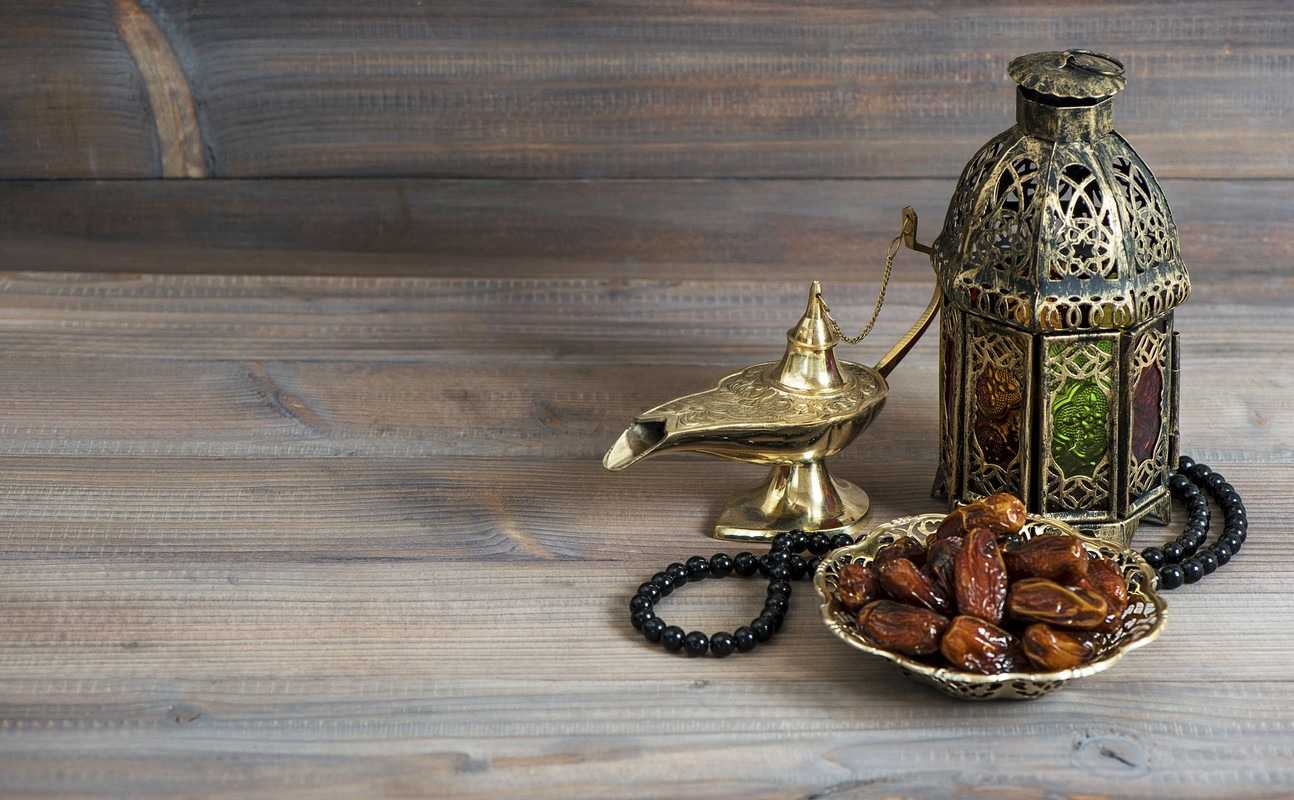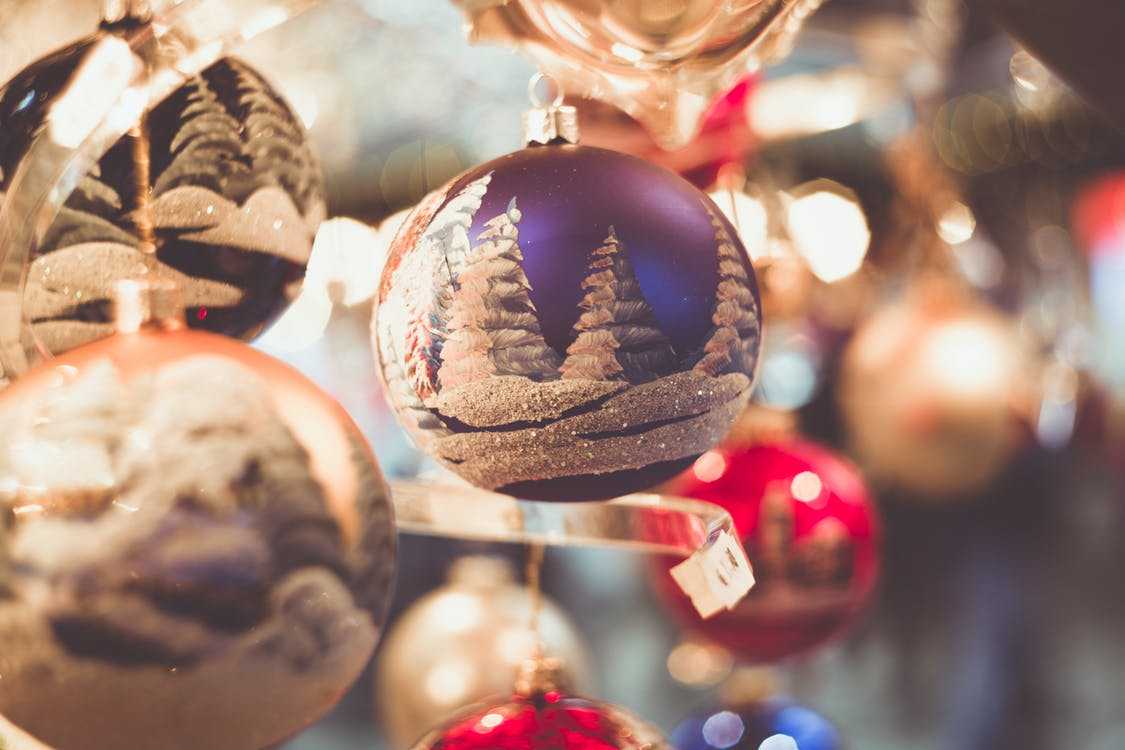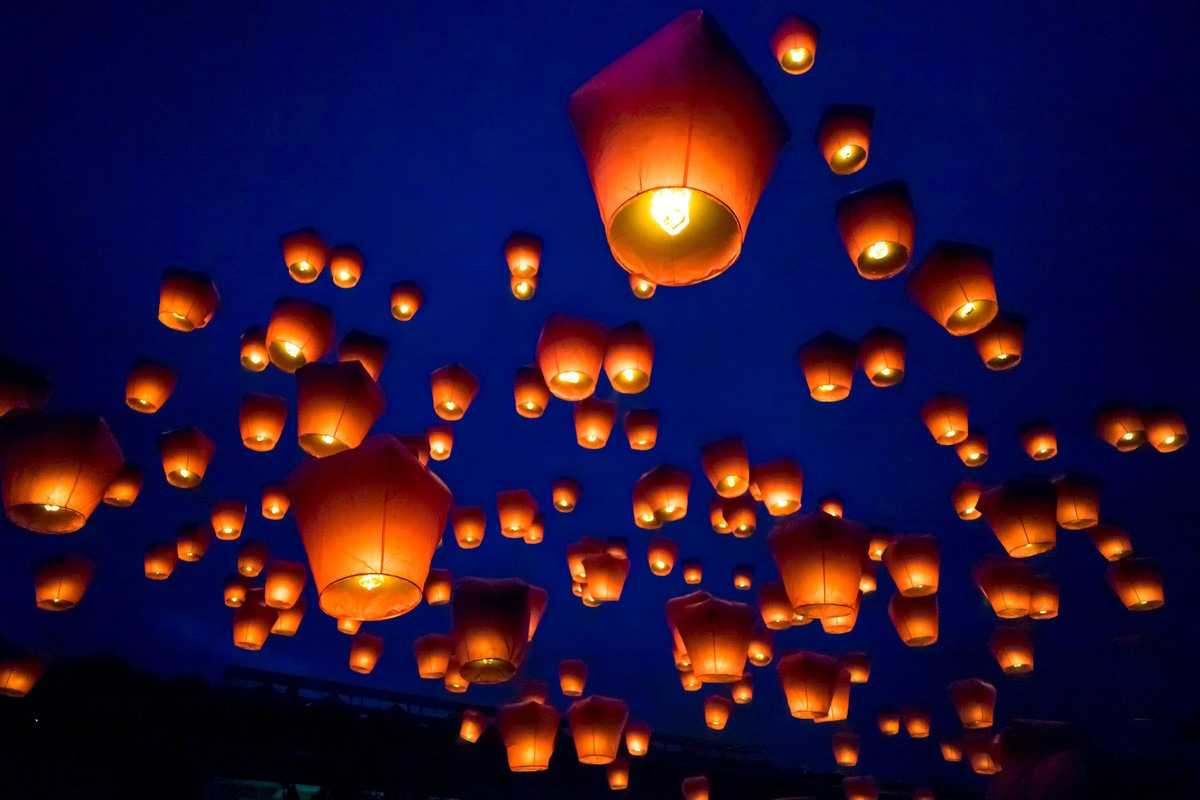My First Diwali Away from Home
If you consider the word Diwali something of a mystery, I’ll forgive you — more commonly, Diwali or Deepwali is known as the Festival of Lights and literally translated means “a row of lights”. Celebrated across the globe by those of the Hindu, Sikh, and Jain religions, as well as people identifying with no religion at all, Diwali has no set date: it occurs in the autumnal months, on the 15th day of the Karthik month of the Hindu lunar year, the most holy month. The overarching message of Diwali is the victory of good over evil, light over darkness.
Diwali is a festival and holiday central to my life for cultural reasons. Being half Indian and surrounded by a large Indian family, with even bigger hearts, Diwali in our household is everything a celebration should be — bright, merry, and open to all! There’s no reason it wouldn’t be the same for me as a fresh expat in Germany, surely?
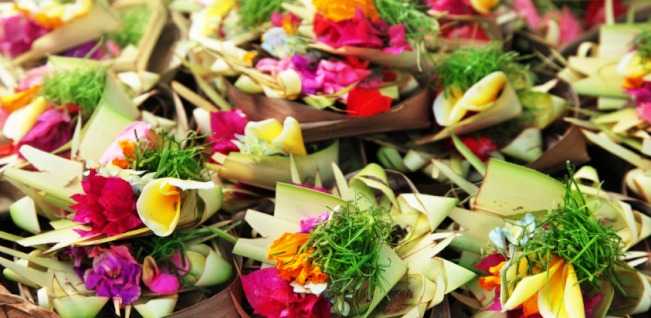
My Initial Shock
As the summer of 2017 drew to a leisurely close, I went ahead with my choice to leave my much-loved home, London, in exchange for the cozy capital of Bavaria: Munich. The feeling I had around mid-September is something every expat can relate to: the moment when you realize just how much of your normal life you have left behind. For me though, the gravity of leaving behind my Indian culture and family didn’t sink in until I received countless quizzical looks upon telling my new colleagues and friends how excited I was for my first German Diwali. “But what actually is Diwali?” — if I had a euro for every time I answered this question, I could probably have flown home for Diwali, come to think of it.
A Case of Holiday Blues
I suppose being half Indian and having grown up in such a multicultural hub of a capital city had spoiled me — my new circles of friends had never known the true delight that is Diwali. Before the autumn leaves had even started to fall, I was dreading the festival that I usually so love. The idea of celebrating such an important holiday alone was dismal. It’s not a stretch to say that what Christmas is to Christians, Diwali is to Indians. Diwali carries a different sort of significance for each person, of course, but for me personally, the Diwali period is a time of reflection; a chance to find and embrace one’s inner light. Across India, and various other pockets of the world, Diwali is a complete explosion of color, joy, and human warmth.

Reaching Out
The thing about being an expat, especially working here at InterNations, is that you never have to look far to find someone who is going through a similar experience. In this case, InterNations Team Member Prince, who hails from India, shared with me his Diwali plans for this year and offered some advice on how to connect to Diwali’s key ideas while living in Germany. Prince’s traditions were much the same as the ones I have practiced with my family in London the past 21 years — exchanging gifts with close friends and family, dining together, lighting candles or traditional diyas, and buying new furniture or clothes. I began to see that being away from home doesn’t have to mean not celebrating Diwali.
Spreading the Love
So many of the new friends I had made had never experienced a proper Diwali firsthand; something which no longer shocked me, but what I did think was a massive shame. The festival is the ultimate chance in the year to feel completely happy, loved by your family and friends, and hopeful about everything the next year will bring. This almost indescribable feeling of bubbliness and the need to hug tightly everyone you hold dear, I felt compelled to recreate. What surprised me most was how simple it was! With a noticeable spring in my step I headed to Munich’s smallest tucked-away Indian supermarket, stocked up on paneer and tamarind paste, and got to work.
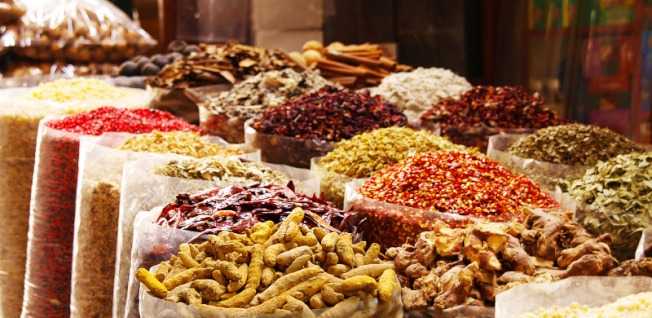
Finding the Light
The night before Diwali saw me host a dinner party with my five favorite Indian dishes, colorful sweets, and candles outside the doors, ready to welcome the Diwali light into my new home. As I watched my friends fall in love with the relatively simple combination of spices that comprise a good chana masala, all feelings of homesickness were a distant memory.
What made my first Diwali in Germany the most special so far in my life was that I saw the holiday through a vastly different lens and from the perspective of an expat thrown into a mix of cultures and nationalities. Throughout the evening, Diwali proved itself to be a cultural and religious holiday with the most transferable of ideals: the triumph of good over evil, and happiness over sadness, with peals of laughter that could be heard until the early hours of the morning.
Having always used Diwali as a crucial time in my life for contemplation, I noticed that this year was quite different; I became more acutely aware of my inner light and more connected to the message of Diwali and its centrality to my life. Becoming an expat and celebrating Diwali as one has left me already excited for the next year’s festival — who knows what it will bring!
Advertisement
About Sara Naidoo
Sara Naidoo is originally from London and studies German and History at the University of St Andrews, Scotland. Sara lived in Munich and worked in the Content and Communications Department at InterNations as an Editorial Office Intern.
Article topics
Related articles
Surviving Ramadan in Germany
An expat’s experience of Ramadan away from home, without the traditions and activities that come along with it.
Ten Habits I Have Adopted from Germany
Overcoming the initial culture shock and coming to appreciate local customs and habits can be a long process! Some you’ll love right away, whereas others might take time to adapt to.
How to Enjoy the Holiday Season Away from Home
For some expats, going home for the holidays isn’t an option. Maybe you’ve already been back to your home country recently or you simply can’t get the time off work. Here are a few ways to make the holiday season away from home a little more bearable and a lot more enjoyable.
Observing Holidays and Traditions Abroad
In this article series, our contributors share their experiences of spending the holidays abroad, tips on how to combat homesickness during the festive season, and their musings on their favorite time of the year.
Everyday Expat Fails
Expat life brings with it cultural challenges and unexpected surprises, which can take some getting used to. We have compiled a list of some entertaining anecdotes and funny “fails” that expats have experienced during their time living abroad.
